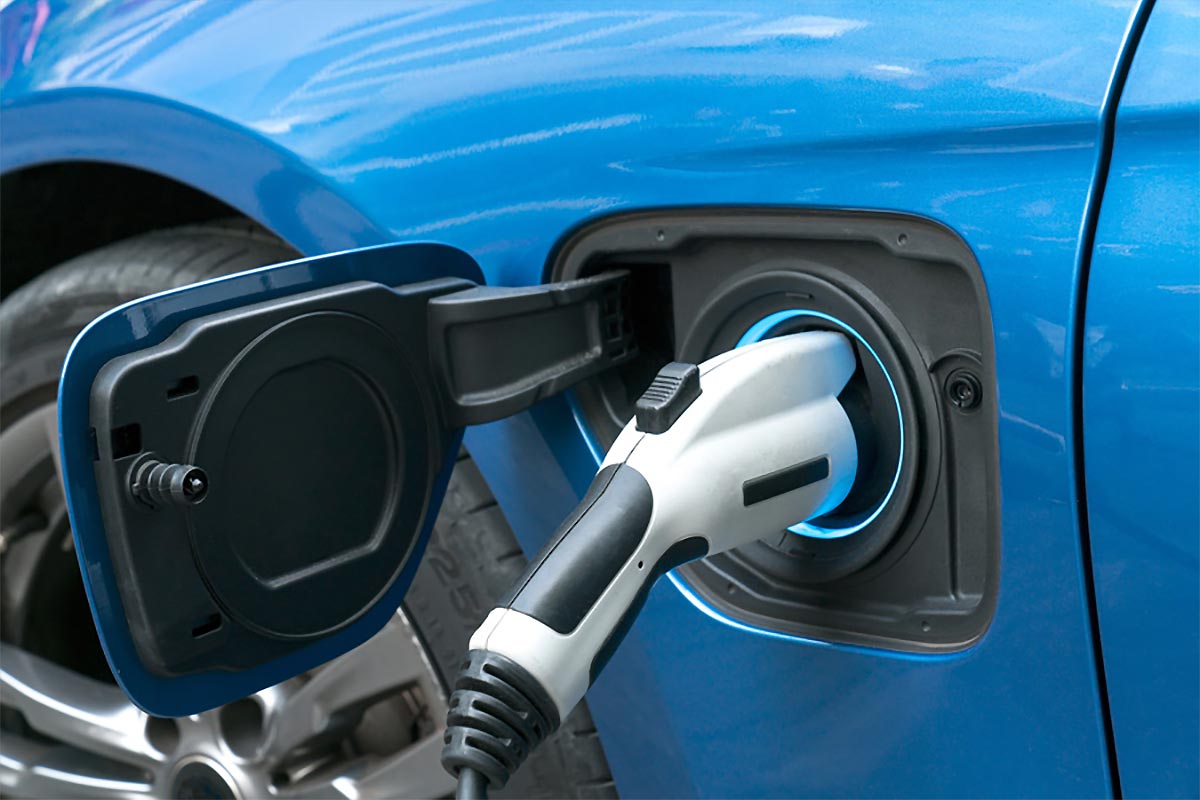As the UK winds down petrol vehicle production and gets ready to switch to electric, the prime minister has announced that all new-build homes in England will be required by law to come with an electric charging point. The government say the move will see up to 145,000 charging points installed every year.
The new law will also apply to other new buildings such as supermarkets and offices, along with any building undergoing major renovations.
Radical change
Boris Johnson said the UK will “radically” change its cars, trucks, buses and other modes of transport, and that charging your electric car will be as “easy as refuelling a petrol or diesel car today”.
“The force driving that change won’t be government, it won’t even be business…it will be the consumer. It will be the young people of today, who can see the consequences of climate change and will be demanding better from us.”
Britain has around 25,000 charging points dotted around the country at present, but experts estimate that we’ll need 10 times that number before 2030.
The switch to electric vehicles is part of the UK’s strategy to hit climate targets, with cars and taxis accounting for 16% of UK emissions in 2019.
Not all good news
Although the announcement is a positive step in the right direction, not everybody is impressed. The Policy Exchange think tank is worried that smaller towns and rural areas will be left out and have to deal with “charging blackspots” if infrastructure improvements don’t speed up. Labour politicians aren’t happy about the “appalling” geographical divide in available charging points:
“London and the South East have more public car charging points than the rest of England and Wales combined. Yet there is nothing here to help address this.
“Nor is there help so lower and middle income families can afford electric vehicles or the investment required to build the gigafactories we need,” Labour said.
MPs on the Transport Select Committee also expressed concerns about the cost of electricity, with public charging points costing much more than home chargers. Others have called the policy “exclusive“, saying that it will only benefit the more affluent that can afford new homes. This is combined with the fact that electric cars are still prohibitively expensive for many, as the technology is still new and there isn’t a mature second-hand market yet.
Along with the announcement on charging points, the government also confirmed almost £10m will fund a new hydrogen project at the UK’s largest onshore windfarm in Scotland.



